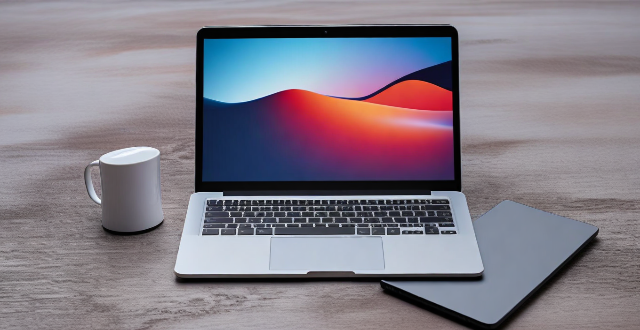The main differences between a desktop computer and a laptop are size and portability, power source, upgradability, performance, price, and input devices. Desktop computers are larger, require a power outlet, have more upgradability options, generally offer better performance, and can be less expensive than laptops. On the other hand, laptops are smaller, have a built-in battery, limited upgradability, may have lower performance, and are typically more expensive. The choice between the two depends on individual needs and preferences.

Differences between a Desktop Computer and a Laptop
There are several differences between a desktop computer and a laptop, including:
Size and Portability
- Desktop Computer: Larger in size and not portable. It is designed to be placed on a desk or table and remains stationary.
- Laptop: Smaller in size and highly portable. It can be easily carried around and used anywhere.
Power Source
- Desktop Computer: Requires a power outlet for electricity to operate. It usually has more powerful components that consume more energy.
- Laptop: Has a built-in battery that allows it to operate without being plugged in. It also has power-saving features to extend battery life.
Upgradability
- Desktop Computer: Easier to upgrade components such as RAM, storage, and graphics card. It has more space for additional hardware.
- Laptop: Limited upgradability due to its compact design. Only certain components like RAM and storage can be upgraded.
Performance
- Desktop Computer: Generally offers better performance than laptops due to more powerful components and better cooling systems.
- Laptop: May have lower performance compared to desktops due to smaller and less powerful components, but newer models with advanced technology can offer comparable performance.
Price
- Desktop Computer: Can be less expensive for similar specifications compared to laptops, especially when considering customization options.
- Laptop: Typically more expensive than desktops due to their portability and compact design.
Keyboard and Touchpad
- Desktop Computer: Usually comes with a separate keyboard and mouse, allowing for more comfortable typing and precise control.
- Laptop: Has a built-in keyboard and touchpad, which may not be as comfortable or precise as a separate keyboard and mouse.
In summary, the main differences between a desktop computer and a laptop are size and portability, power source, upgradability, performance, price, and input devices. The choice between the two depends on individual needs and preferences.